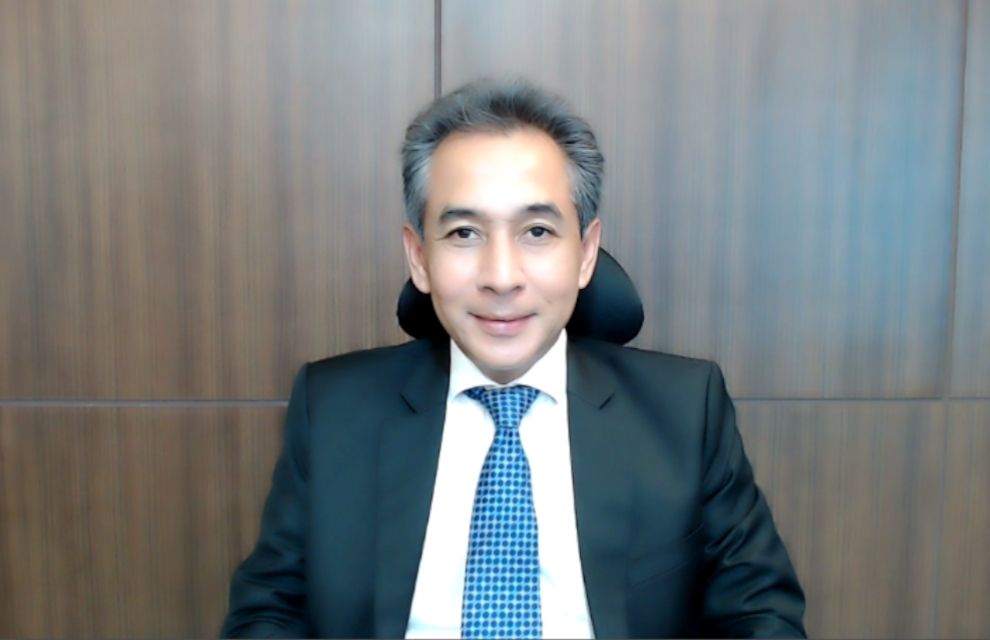Labuan International Business and Financial Centre (Labuan IBFC) saw 18 new captives approved as at Q3 2021, as well as a 28 per cent increase in premiums for its captive business, demonstrating the primary role of captive insurance in Labuan IBFC’s five-year strategic roadmap.
Farah Jaafar, CEO of Labuan IBFC Inc, noted that this indicates a marked increase from the seven captives incorporated over the same period in 2020.
As a midshore jurisdiction, Labuan IBFC is recognised as the fastest-growing risk and reinsurance intermediation centre in Asia, hosting 232 insurance and insurance-related entities, including 64 captives. Of these captive entities, over 90 per cent have a parent company based in Asia.
In his welcome address at the Asian Captive Conference yesterday, Nik Mohamed Din Nik Musa (pictured), director general of the Labuan Financial Services Authority (Labuan FSA), explained: “Increasingly, we are seeing a rise in captive’s popularity globally, driven not just by the COVID-19 pandemic but also insurance market challenges, as well as natural catastrophes.”
The impact of the COVID-19 pandemic and other challenging market conditions on the role of risk management teams within an organisation was discussed in a panel at the conference.
“Proving to be an effective tool in responding to risks and changing market conditions, captive formations have been on a steady rise,” Nik Musa added.
The Labuan captive business model has seen a particular interest in protected cell companies (PCCs) as a cost-effective alternative to a traditional pure captive. Nik Musa suggested this growth in cell formations is attributable to “a greater appreciation for self-insurance as a component of a dynamic risk management strategy”.
Jaafar added the lower entry requirements for cell captives make self-insurance and a holistic risk management strategy more accessible to smaller companies — this trend of ‘democratisation’, to which the conference lends its name, was discussed at a panel during the event.
The domicile’s ongoing commitment to developing a robust risk management and reinsurance ‘toolbox’ will consolidate Labuan IBFC’s leading position in the global captive market, affirmed Jaafar.
Looking forward, Nik Musa identified Labuan FSA’s priority over the next five years to be strengthening Labuan IBFC’s status as a captive domicile hub by positioning the captive sector as a primary focus in the jurisdiction’s five-year strategic roadmap.
This includes reviewing legislation alongside relevant stakeholders and industry participants to ensure the framework is consistent with international standards and best practices, as well as to accommodate the diversification and expansion of niche product and service offerings in Labuan IBFC.
The current legislation in Labuan IBFC is observed as market-adaptive compared to other Asian captive markets, as it is the only jurisdiction in Asia to offer a provision for PCCs, both conventional and Islamic.
Nik Musa concluded: “One of the goals is to strengthen Labuan IBFC’s complementary roles to Malaysia’s economy, which will include the development of the Labuan insurance industry as a whole.”
“Labuan IBFC's development over the years has resulted in a diverse pool of financial institutions, including numerous international insurers and reinsurers, establishing a presence in order to capitalise on Asia's rising potential.”




 Captive Consultation Banner Ads 800x1200 MM.jpg)

